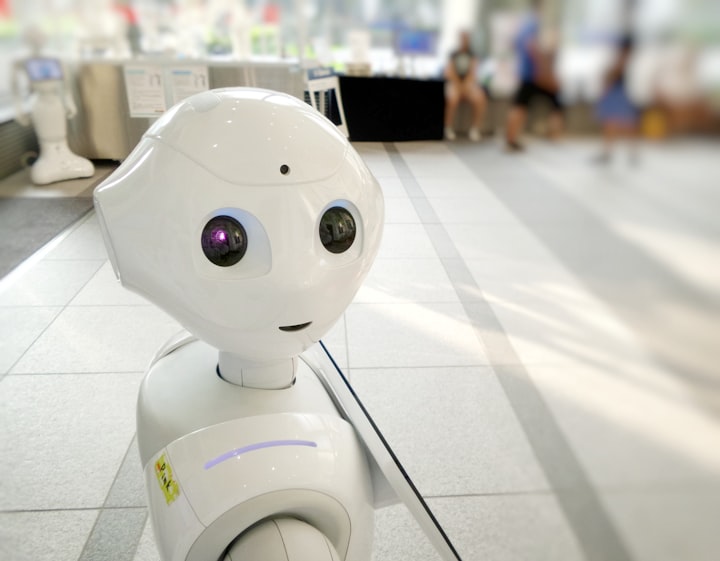
Artificial intelligence (AI) is revolutionizing the way we live and work, and it's clear that it will play an increasingly important role in the future. With its ability to process large amounts of data and perform tasks that were once thought to be the sole domain of humans, AI has the potential to transform almost every aspect of our lives.
One area where AI is already making a significant impact is in healthcare. From diagnosing diseases to developing new drugs, AI is helping doctors and researchers make better decisions and achieve better outcomes. It's also being used to help manage patient data and monitor patient health, which can help improve patient care and reduce healthcare costs.
Another area where AI is making waves is in the workplace. Many companies are using AI to automate routine tasks, freeing up employees to focus on more complex and creative work. AI is also being used to help companies make better decisions, optimize their operations, and improve customer service.
In addition to these practical applications, AI is also transforming the way we interact with technology. From virtual assistants like Siri and Alexa to self-driving cars and drones, AI is changing the way we interact with the world around us.
However, with these exciting developments come some challenges and concerns. One of the biggest challenges is ensuring that AI is developed and used ethically and responsibly. There are concerns that AI could be used to automate jobs and lead to unemployment, and there are also worries about the potential misuse of AI, such as using it for surveillance or to create autonomous weapons.
Despite these challenges, it's clear that AI is the future. With its ability to process and analyze vast amounts of data and perform complex tasks, AI has the potential to transform almost every aspect of our lives. It will be up to us to ensure that it's used in a way that benefits society and that the benefits of AI are shared fairly across all members of society.
The impact of AI on employment is a topic of much debate and speculation. While AI has the potential to create new jobs and improve productivity, there are concerns that it could also lead to job displacement and unemployment.
On the one hand, AI has the potential to create new jobs in fields such as data science, machine learning, and AI engineering. These jobs require specialized skills and knowledge that are in high demand and can pay well. Additionally, AI can automate routine tasks, freeing up employees to focus on more creative and complex work that requires human skills such as empathy, critical thinking, and problem-solving.
However, there are concerns that AI could also lead to job displacement, particularly in industries that rely heavily on routine tasks such as manufacturing, transportation, and customer service. As AI becomes more sophisticated, it may be able to perform tasks that were previously thought to require human skills, leading to job losses.
Studies have found mixed results on the impact of AI on employment. Some studies suggest that AI will lead to job displacement and unemployment, while others suggest that it will create new jobs and improve productivity. The impact of AI on employment is likely to vary depending on the industry and the specific tasks that are being automated.
It's important to note that the impact of AI on employment is not predetermined. How AI is developed and implemented will play a significant role in determining its impact on employment. Policymakers, businesses, and individuals will need to work together to ensure that the benefits of AI are shared fairly and that workers are able to adapt to the changing job market. This may involve investing in education and training programs to help workers acquire the skills needed to succeed in a world where AI plays an increasingly important role.





Comments
There are no comments for this story
Be the first to respond and start the conversation.